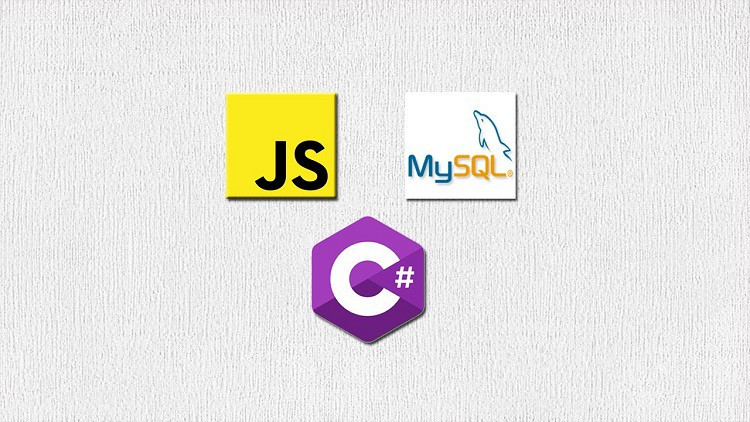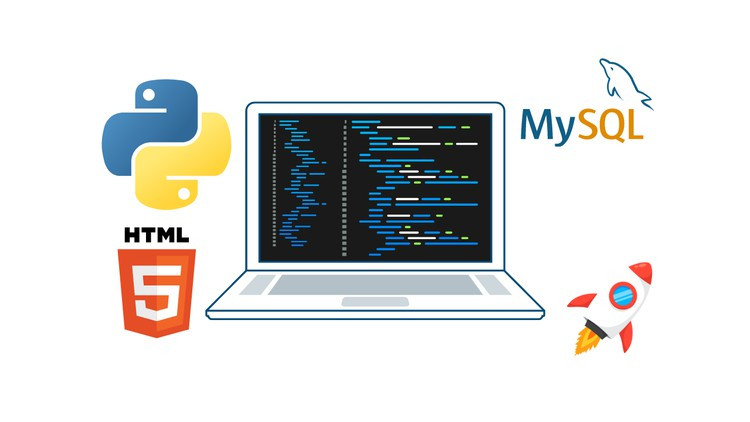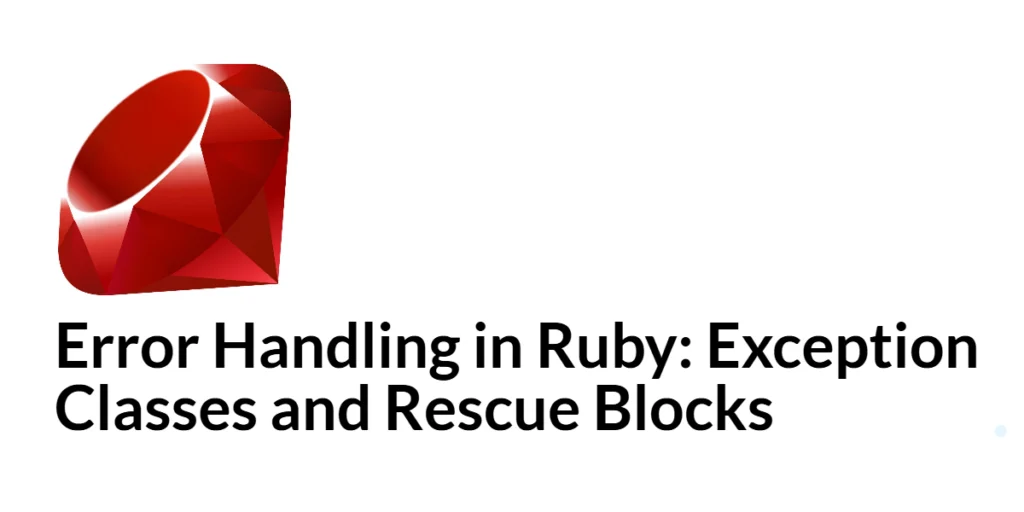In the world of programming, operators are the building blocks that enable developers to manipulate data. Unary operators, a subset of these fundamental elements, are particularly intriguing as they operate on a single operand. In C#, a versatile and widely-used programming language, unary operators play a crucial role in performing various operations on variables. In this article, we’ll explore the different unary operators in C#, understand their functionalities, and provide practical examples to solidify our understanding.

with hands-on learning.
get the skills and confidence to land your next move.
The Basics of Unary Operators
Unary operators perform operations on a single operand, which is the value or variable they act upon. C# supports several unary operators, each serving a specific purpose. Let’s delve into the primary unary operators:
Increment and Decrement Operators (++ and –)
The increment (++) and decrement (–) operators are commonly used for increasing or decreasing the value of a variable by 1, respectively. These operators can be applied before (prefix) or after (postfix) the operand, leading to different outcomes.
Prefix Increment:
public class UnaryOperators
{
public static void Main(string[] args)
{
int a = 5;
int b = ++a; // Increment 'a' before assigning to 'b'
System.Console.WriteLine($"a: {a}, b: {b}"); // Output: a: 6, b: 6
}
}In this example, a is incremented before being assigned to b, resulting in both variables having a value of 6.
Postfix Increment:
public class UnaryOperators
{
public static void Main(string[] args)
{
int x = 10;
int y = x++; // Assign 'x' to 'y' before incrementing 'x'
System.Console.WriteLine($"x: {x}, y: {y}"); // Output: x: 11, y: 10
}
}Here, x is assigned to y before the increment, so y retains the original value of x (10), and x becomes 11.
Unary Plus and Minus (+ and -)
The unary plus (+) and minus (-) operators are straightforward. The unary plus doesn’t change the sign of the operand, but the unary minus negates it.
public class UnaryOperators
{
public static void Main(string[] args)
{
int positiveNumber = 42;
int negativeNumber = -positiveNumber;
System.Console.WriteLine($"Positive: {positiveNumber}, Negative: {negativeNumber}");
// Output: Positive: 42, Negative: -42
}
}In this example, negativeNumber becomes the negation of positiveNumber.
Logical Negation (!)
The logical negation operator (!) is used to invert the logical state of its operand. If the operand is true, it becomes false, and vice versa.
public class UnaryOperators
{
public static void Main(string[] args)
{
bool isTrue = true;
bool isFalse = !isTrue;
System.Console.WriteLine($"isTrue: {isTrue}, isFalse: {isFalse}");
// Output: isTrue: true, isFalse: false
}
}Here, isFalse becomes the logical negation of isTrue.
Bitwise Complement (~)
The bitwise complement operator (~) inverts the bits of its operand, turning each 0 into a 1 and vice versa.
public class UnaryOperators
{
public static void Main(string[] args)
{
int originalValue = 8; // Binary: 0000 1000
int complementValue = ~originalValue; // Binary: 1111 0111
System.Console.WriteLine($"Original: {originalValue}, Complement: {complementValue}");
// Output: Original: 8, Complement: -9
}
}The output might seem unexpected, but it’s essential to understand that integers in C# are represented using two’s complement notation.
Conclusion
Unary operators in C# are powerful tools that enable developers to perform various operations on a single operand. Whether it’s incrementing and decrementing variables, changing the sign of a number, or manipulating bits, these operators contribute to the expressiveness and efficiency of C# code. As you continue your journey in C# programming, mastering the usage of unary operators will undoubtedly enhance your ability to write concise and effective code.
I hope you found this article informative and useful. If you would like to receive more content, please consider subscribing to our newsletter.







